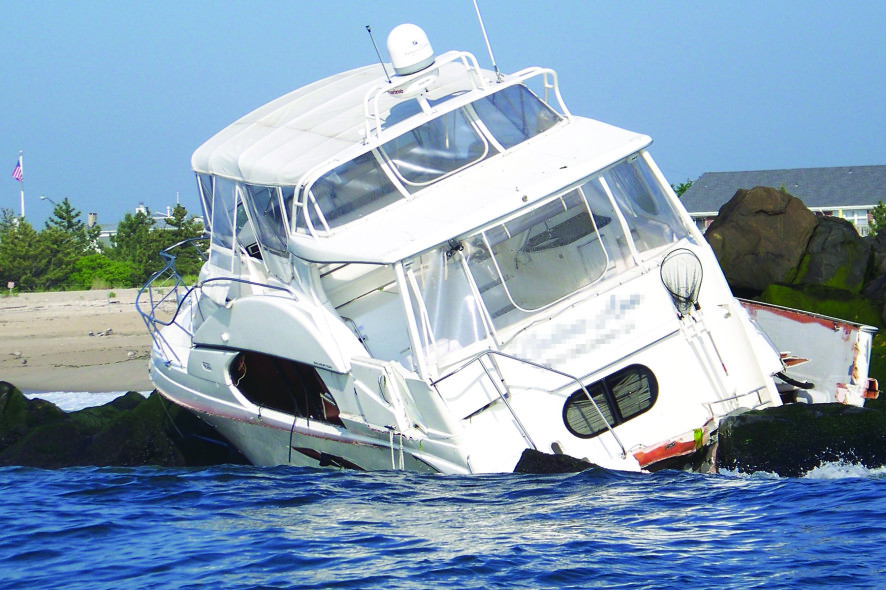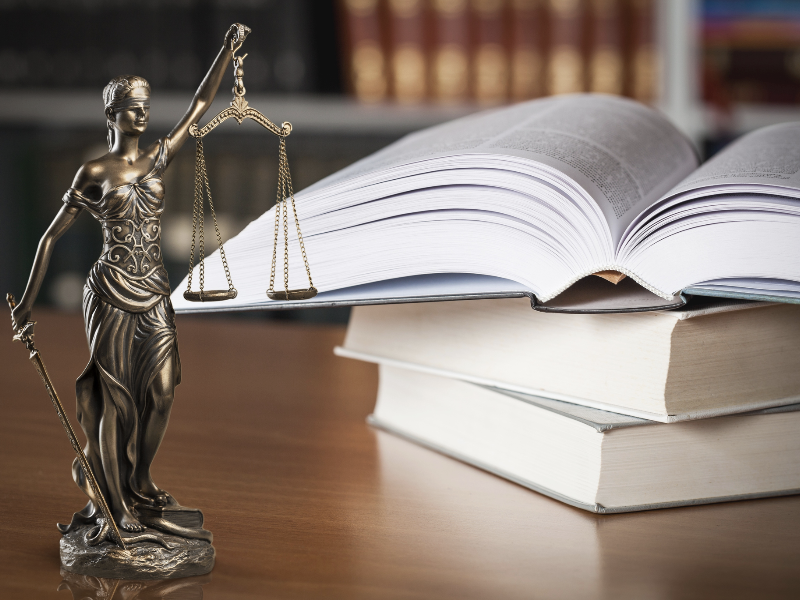Boating accidents can happen for a wide variety of reasons; however, it has been our experience that there are some reasons that are more common than others that cause boating accidents to occur.
- Impact with another vehicle or fixed object due to navigation errors
- Propeller accidents
- Hitting a wave at an excessive speed
- Operating at excessive speeds causing loss of control
- Continuing to operate in bad weather conditions
- Exceeding passenger limit on vessel
- Failing to abide by water traffic laws and regulations
- Not carrying the right type or enough safety equipment
- Operating under the influence
It is against the law in Florida to operate a watercraft while under the influence of alcohol or drugs. DUI laws do apply to anyone operating a watercraft, and you can be required to take a sobriety test if you are suspected of operating a boat under the influence.
State laws say that a blood alcohol level of .08 or higher is considered intoxicated. Under state law, an operator of a boat who is found intoxicated will face the same charges and penalties as those of a vehicle that operates on the roadways. This includes the loss of driving privileges for their cars.
In addition to being charged with a DUI, a boat operator can also face charges for reckless operation of a watercraft. Under Federal and Florida state laws, it is a first-class misdemeanor to operate a watercraft in a reckless way that places life or property in danger of harm.
Florida has implemented stricter boating laws in recent years because of the significant number of boating accidents that occur in the state each year. Sadly, many people continue to operate watercraft in a negligent manner. If you have been injured in a boating accident, it is important to contact a boating accident attorney about your rights to file a claim for compensation.
Types of Compensation Available For Boating Accidents
You may be entitled to several kinds of compensation for your injuries in a boating accident. Your attorney will discuss with you in-depth the types of compensation available to you based on the facts of your case. Your compensation package may include one or more of the following types of compensation:


